Overtime, the administration and state of the Apapa and Tin Can ports have been of utmost concern to stakeholders in Nigeria, given how pivotal the business of the ports are to economic growth. Despite series of interventions by the government to curb the underlying problems – bad road portions – obsolete infrastructure – delays in cargo clearance – lack of an automated cargo clearance system, which gave rise to the evident racketeering at these ports, the problems persist.
The drag these problems constitutes to the free flow of commercial activities within and far beyond the area is estimated to cost Nigeria an average of N18.0trn annually over the years. The bid to rid the ports of the protracted concerns of gridlock gave rise to the Lekki Deep Seaports (LDS), expected to be operational in early 2023.
READ: Customs Apapa Command generates N159.58 billion revenue in Q1 2021
When it starts operating, the LDS should unburden the Apapa port, making way for a more seamless experience for commercial activities within the port and its environs. We also note that in the interim, the government must tackle issues of corruption at the Apapa port. Recently, to nip the gridlock in the bud, an automated vehicle call-up number was instituted, yet the problem remains.
READ: Export of non-oil products to begin from Edo Dry Port
Activities at the ports have continued to trigger an increase in haulage cost and demurrage, leading to loss of money which disincentivizes commerce. Both exports and imports are frustrated alike, as perishable goods are sometimes laid to waste and imported goods overburdened with increased cost. We have also noted with concern the impact of these issues on input sourcing for major manufacturers in Nigeria. In some cases, where these manufactured goods have substitutes, the issues at the Apapa port leaves manufacturers with input cost burden which thins out margin or makes their product less competitive.
READ: Roads take up 60% of Lagos capital expenditure yearly – Sanwo-Olu
Following the successful concession of the Nigerian ports in 2006, the Nigerian government has continued to evolve policies to ensure seamless operations at the port. An example is the enactment of the Infrastructure Concession Regulatory Commission (Establishment) Act of 2005 (the ICRC Act), which came into effect in 2007. In addition, several bills relating to the port industry are undergoing legislative processes for possible enactment into Acts by the National Assembly. We note that there are ongoing efforts by the relevant government agencies to contain the developments at the Apapa port. For example, the road network is currently being repaired to improve the free flow of vehicular movements around the port.
READ: Lekki Port to commence operations by 2022
However, in our view, a lasting solution will only be seen if alternative ports around the country become operational and effective.
CSL Stockbrokers Limited, Lagos (CSLS) is a wholly owned subsidiary of FCMB Group Plc and is regulated by the Securities and Exchange Commission, Nigeria. CSLS is a member of the Nigerian Stock Exchange.

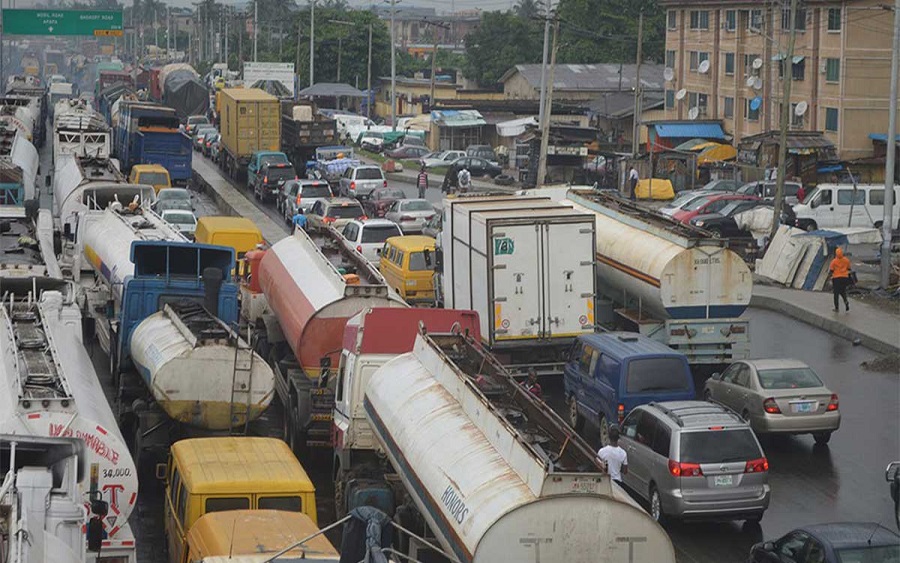
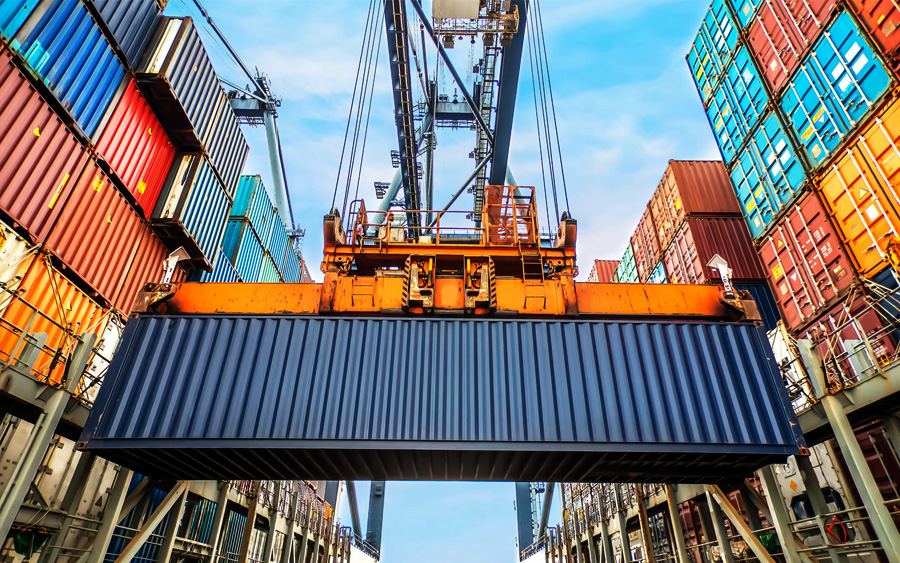
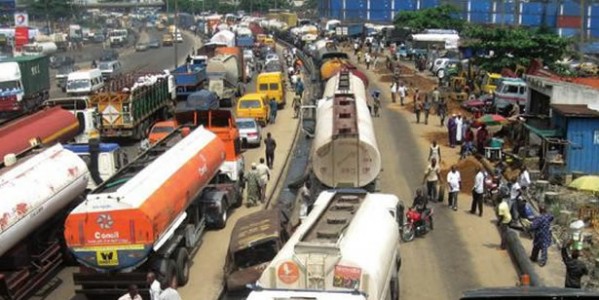




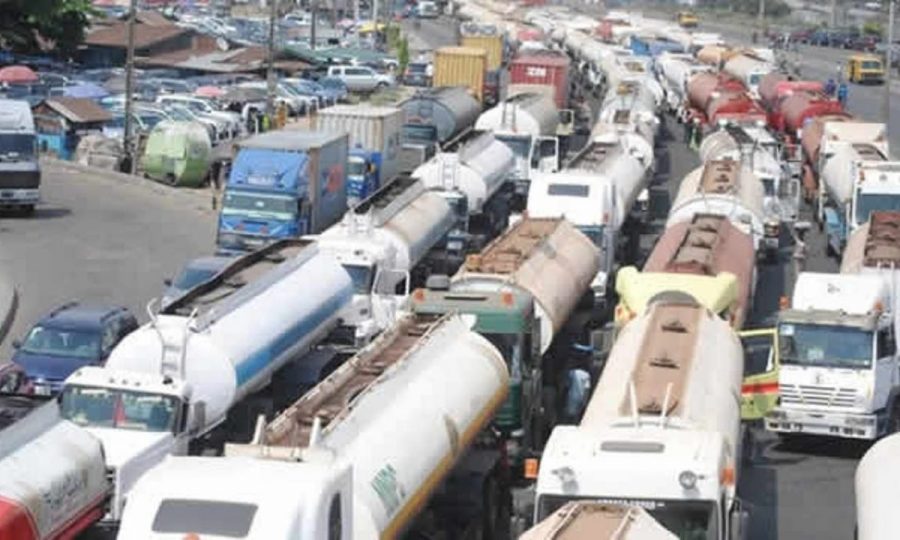
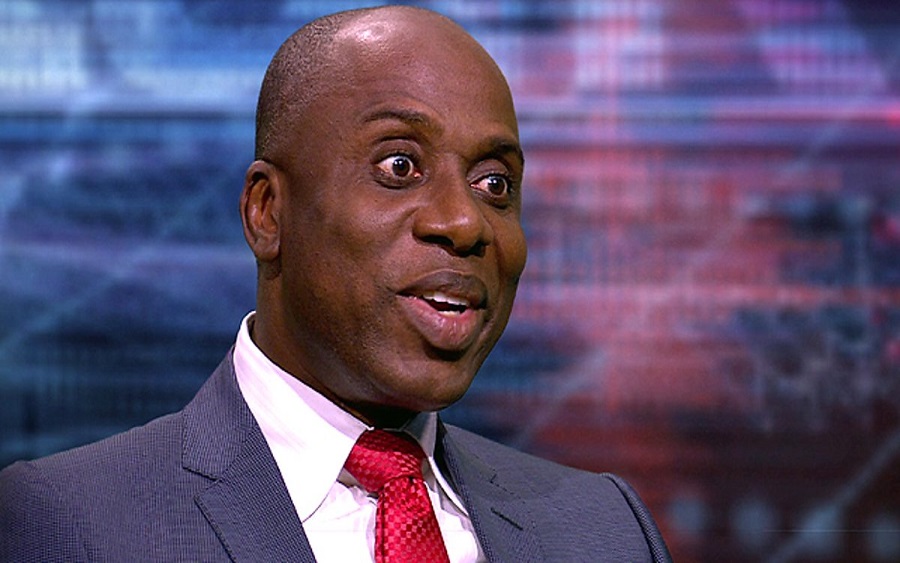







The solution to the Port problem is to have alternative PORTS in Calabar, Onne, Port harcout, Warri and Sapele.
Sadly, we are so import based.
The demurrage is very counterproductive.
Your last paragraph has nailed it.
However, we should develop our industries.